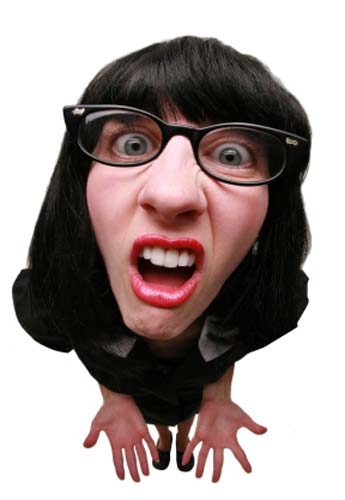
In his most sharply worded criticism of President Donald Trump yet, the U.N. high commissioner for human rights said that freedom of the press is "under attack from the president" and that Trump's salvos against journalists "could amount to incitement."
Speaking Wednesday at a news conference in Geneva, Zeid Ra'ad al-Hussein also voiced alarm over Trump's comments about women, Muslims and Mexican immigrants in particular. He wondered aloud whether Trump's pardon of former Arizona sheriff Joe Arpaio meant that he supported racial profiling.
"Does the president support racial profiling, of Latinos in particular, does he support abuse of prisoners? Arpaio referred at one stage to the open-air prison that he set up as a concentration camp. He later recanted, said it was a joke," Hussein said.
Implicit in Hussein's remarks, however, was a sense of the United States' immense power to influence global affairs and the spread of democratic values. Hussein lamented what he called Trump's "reckless" wielding of that power.
"I almost feel that the president is driving the bus of humanity and we're careening down a mountain path," he said. "And in taking these measures, at least from a human rights perspective, it seems to be reckless driving."
Trump has made the "mainstream media" his favorite domestic punching bag. After getting panned in much of the media for his public remarks after a white nationalist protest in Charlottesville, Virginia, turned deadly, Trump called journalists "truly dishonest people."
"To call these news organizations 'fake' does tremendous damage and to refer to individual journalists in this way, I have to ask the question: Is this not an incitement for others to attack journalists?" Hussein said.
"The president prides himself as a taboo breaker. Indeed, his supporters see him as such. But at the time I expressed my feeling that this was grossly irresponsible, because it has consequences, it emboldens those who may think similarly to sharpen their assaults on these communities," he said.
The United Nations has had occasion to criticize the U.S. government in the past few years, taking on issues such as police brutality and environmental degradation. The Trump administration is threatening to roll back funding for the sprawling international institution. U.N. statements have become more and more shrill since Trump's emergence on the American political landscape.
Earlier this month, and in response to the unrest in Charlottesville, the U.N. Committee on the Elimination of Racial Discrimination issued an "early warning" for the United States - a measure that had most recently been applied to Burundi. Although the statement didn't mention Trump by name, it called out "the failure at the highest political level of the United States of America to unequivocally reject and condemn the racist violent events."
In September 2016, in the lead-up to the U.S. presidential election, Hussein compared Trump's populist rhetoric to that of right-wingers in Europe and said it benefited extremist groups such as the Islamic State.
"Both sides of this equation benefit from each other - indeed would not expand in influence without each other's actions," he said in a statement at the time. "Communities will barricade themselves into fearful, hostile camps, with populists like them, and the extremists, as the commandants. The atmosphere will become thick with hate; at this point, it can descend rapidly into colossal violence."


 Contact The Editor
Contact The Editor
 Articles By This Author
Articles By This Author